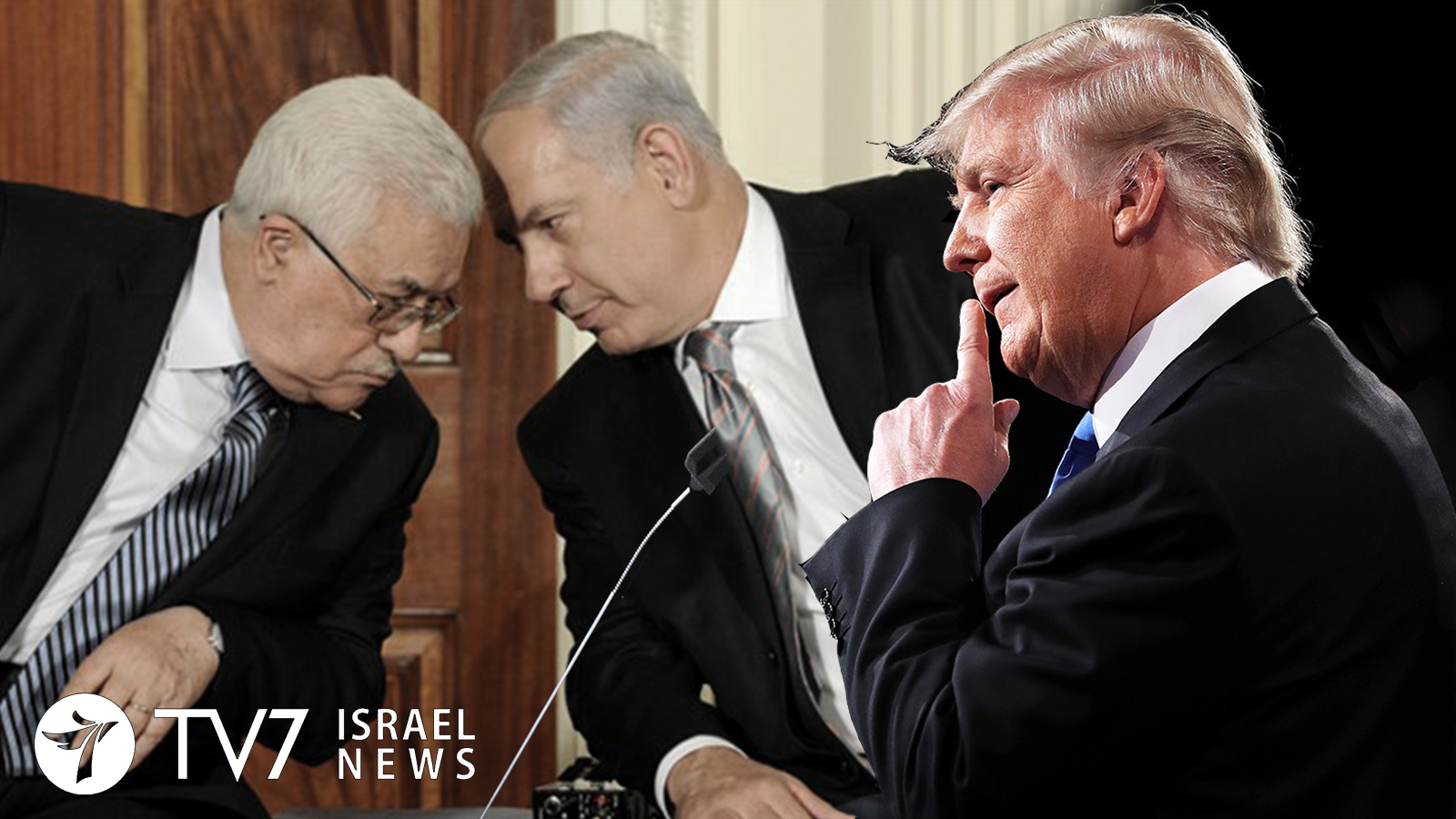U.S. President Donald Trump declared that “there is a chance for peace between Israel and the Palestinians,” while in Vietnam. In a press conference following a meeting with North Korean leader Kim Jong-un, the American leader responded to a question from an Israeli reporter on the anticipated so-called “deal of the century,” noting that he remained hopeful of the possibility to produce a viable solution, yet time will tell if both sides would seize the opportunity. “There is a chance for peace between Israel and the Palestinians. And you know, it’s interesting. All my life I’ve heard that the toughest of all deals, when they talk about tough deals, we all like deals. But the toughest of all deals would be peace between Israel and the Palestinians. They say it’s like the impossible deal. I’d love to be able to produce it. We’ll see what happens,” Trump said.
With regard to his decision to halt Washington’s payments to the Palestinian Authority, Trump emphasized that his Administration would no longer commit to assisting Ramallah, unless the Palestinians change their attitude toward the United States and agree to return to the negotiating table. According to the American President “We were paying the Palestinians a lot of money, and I ended that about two years ago because they weren’t saying the right things and I said, ‘Why would we pay somebody that’s not saying nice things about us and not really wanting to go to the peace table?’ And they’ve been much better. And we’ll see what happens. But, I think really I think we have actually a good shot at peace between Israel and the Palestinians.”
President Trump also took the opportunity to deliver words of praise for Prime Minister Benjamin Netanyahu. He said “He’s (Netanyahu) done a great job as prime minister. He’s tough. He’s smart. He’s strong. He is very defensive. His military has been built up a lot. They buy a lot of equipment from the United States, and they pay for it of course. We give them tremendous, as you know, subsidy also. Four billion dollars is a lot each year. But they are – they’ve been very, very, good – really been incredible actually in many ways.”
While President Trump refused to elaborate on his – soon-to-be-presented – deal of the century, particularly on: whether Israel would be forced to make significant concessions to the Palestinians; His Senior Advisor and son-in-law Jared Kushner, who is tasked with formulating the American initiative for Middle East peace together with Ambassador Jason Greenblatt, held a meeting on the matter in Ankara with Turkish President Recep Tayyip Erdogan.
After concluding a series of meetings in the United Arab Emirates, Bahrain, Oman, Qatar and Saudi Arabia, Trump’s Adviser discussed the American peace initiative with the Turkish president– in reported efforts to gain support from Erdogan, one of the most vocal critics of Israel. While no new information was attained from Kushner’s meeting in Ankara, Trump’s senior adviser indicated his hope – during his interview earlier this week to Sky Arabia – that a regional approach would produce the best chances for a new paradigm to the decades-old Israeli-Palestinian conflict. Kushner told the media source that “What we focused on is, not as much is the issues, which we are focused on extensively, but also what is holding back the Palestinian people from achieving their full potential and what is holding back the Israeli people from being able to properly integrate with the whole region. And I think that if you look at this whole region today you have so much opportunity, but you also have some major threats. So, by bringing everybody together, we are hopeful that they will be able to achieve a new paradigm.”
Meanwhile, the Palestinian Al-Quds newspaper reported this morning that “the deal of the century” does not promote the establishment of a Palestinian state, but rather a Palestinian autonomy. According to the report, which TV7 was not able to verify, it revealed that in the framework of the agreement, Israel would remove the majority of the military roadblocks and would permit the Palestinians “freedom of movement and trade,” but would hold onto its security control, including in the Jordan Valley. Furthermore, the settlement blocs will remain under Israeli control, but will not be expanded and the isolated settlements will be removed. The plan will also include the return of up to 30 to 60,000 Palestinian refugees to either the Gaza Strip or the West Bank, and an agency will be established to compensate the descendants of the refugees from 1948.
